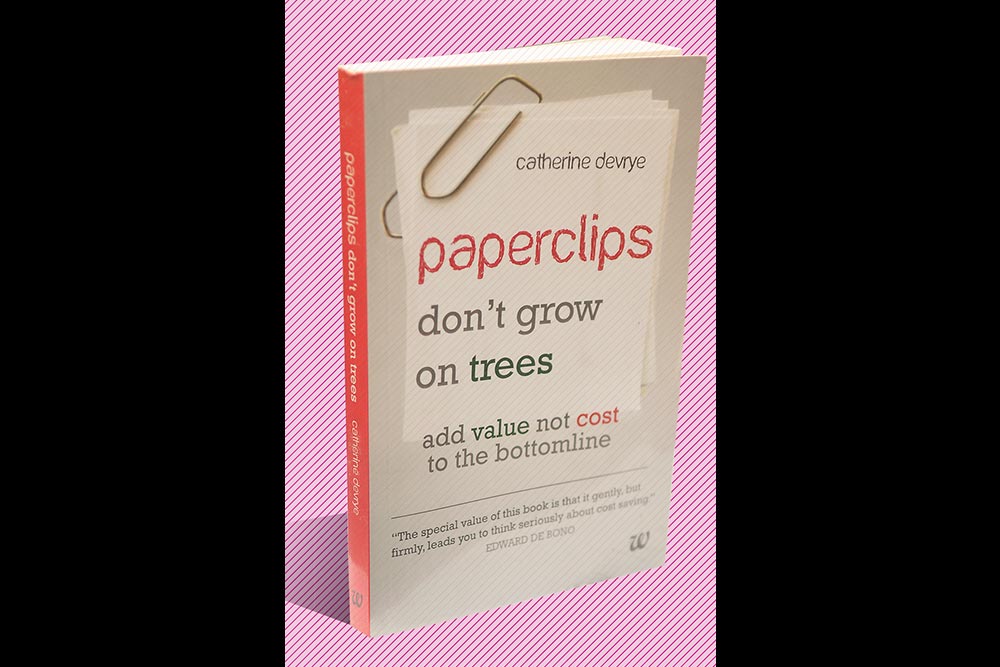
In the night market of Shanghai or the Grand Bazaar of Istanbul and many other parts of the world — bargaining is the norm. Only the most naïve customers would readily pay the first price quoted by the vendors. It’s almost a game to bargain in these locations (although I’ve been mildly annoyed with friends who haggle with a poor shop owner over a few cents by our Western standards; which would be substantially more appreciated by a merchant in an emerging nation who has an extended family to feed). I’m not much of a negotiator at the best of times, but as a tourist I try my best to play the game in a good spirited fashion.
There have been times when I’ve successfully negotiated a lower price for some souvenir — but then given the proprietor more than agreed, as I still thought it was a bargain and liked them and/or their story.
I easily ask for a discount if I’m buying six pashminas as presents in Mumbai but had never even considered requesting a discount for bulk buys in Sydney, London or Chicago — and certainly not on any goods or services related to my business.
‘Silly you!’ says a friend’s husband. He is in charge of purchasing for a large organization and obviously has more buying power and clout than a small business. But he encourages his mates in owner-operated businesses to always ask suppliers for a discount. There are savings to be had if you buy in bulk, pay cash or even negotiate a discount for prompt payment.
As I was about to reprint an earlier book (no longer in print from the original publisher), he encouraged me to ask the printer for a 20 cent discount on each book that cost over $5 to print. It seemed somewhat penny pinching for a mere 20 cents but as he pointed out: ‘Sure, you only save 20 cent per book but if you print 3,000 copies, that will deliver $600 immediately to your bottom line.’ I tentatively asked the printer and much to my surprise, he agreed without batting an eyelid!
As my buyer friend pointed out, it may not always work but it seldom offends. Most sellers know their workable margins so what does it cost to ask? Ironically, I was in the process of writing this book at the time and couldn’t believe that in over 18 years of small business I’d never asked a supplier to re-visit their quoted price. Silly me, indeed!
I really should be more assertive and vigilant to practice what I’m now preaching in terms of reducing cost without reducing value, and more frequently ask suppliers to sharpen their pencils — while still maintaining a good relationship that both parties find profitable. I’ve only been game enough to try it on a couple of occasions since; once the price of the unit was fixed but the salesperson then offered free delivery (valued at $90). Ask and ye shall receive — sometimes. No cost but potential savings.
On the other hand, if you’re a supplier, don’t give away any more than you need to. A friend purchased taps from a plumbing supply shop and as he reached for his wallet, simply commented in passing that they ‘seemed rather expensive’. He had every intention of paying full price but just as he was taking out his credit card the cashier replied: ‘No worries mate — we’ll take 10% off.’ The customer was initially pleased but then began to wonder if the margins were ridiculously high in the first place.











